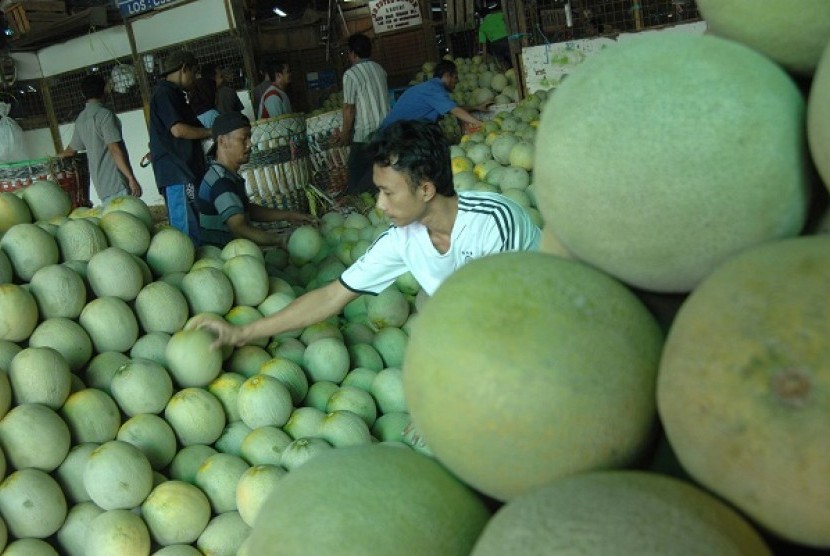REPUBLIKA.CO.ID, JAKARTA - The ICAEW - a world leading professional membership organization that promotes, develops and supports over 142,000 chartered accountants worldwide - reported a quarterly review of South East Asian economies, with a focus on the following countries, namely Indonesia, Malaysia, the Philippines, Singapore, Thailand and Vietnam.
According to the report, reducing government spending combined with increases in net exports and private consumption will help boost the tax revenue, helping to cut the government deficit as a percentage of gross domestic products (GDP).
However, mineral processing policies could have a negative short term effect on the economy. The ban on exporting unprocessed minerals could affect up to 9.2 percent of total goods exports, meaning a substantial loss in revenues. By not extending exemptions to smaller mining companies it is unlikely that Indonesia will have enough smelting capacity to cater for domestic supply. Equally, larger companies could hold off investment until after this year’s election. All this could lead to reduced investment in the mining sector, meaning reduced investment overall in 2014.
"Rises up the value chain is a good strategy for Indonesia’s economy in the longer term, the current policy is unlikely to boost the mineral processing industry sufficiently. It will take time for new smelting capacity to come on-stream, and whilst it does there will be more attractive investment opportunities elsewhere, making it harder to finance development. It could lower exports and tax revenues, and even raise unemployment," Douglas McWilliams, Chief Economist and Executive Chairman of Cebr said to Republika in a written statement on Thursday.
Nevertheless, overall economic growth for Indonesia is expected to increase to 5.6 percent this year, with easing energy prices helping to drive consumption growth in 2014, 2015 is expected to see the return of investor capital as the allure of the US starts to fade. This will mean countries are vulnerable to unexpected price movements which could affect inflation.
However, falling global oil prices between 2014 and 2016 – and the entrance of Iran into the global energy market - should help mitigate inflation in the region.
Douglas said that majority of accessible oil reserves in Indonesia were depleted. Remaining energy reserves are not as abundant and extraction is more costly. Oil production is likely to continue to decline with average production in 2014 coming under the government target of 870 thousand barrels per day.
More imports will be needed and by 2016 Indonesia is expected to source 70 percent of its total supply of motor and aviation fuel through imports. This may well leave Indonesian consumers and motorists vulnerable to unanticipated price volatility in international markets.


